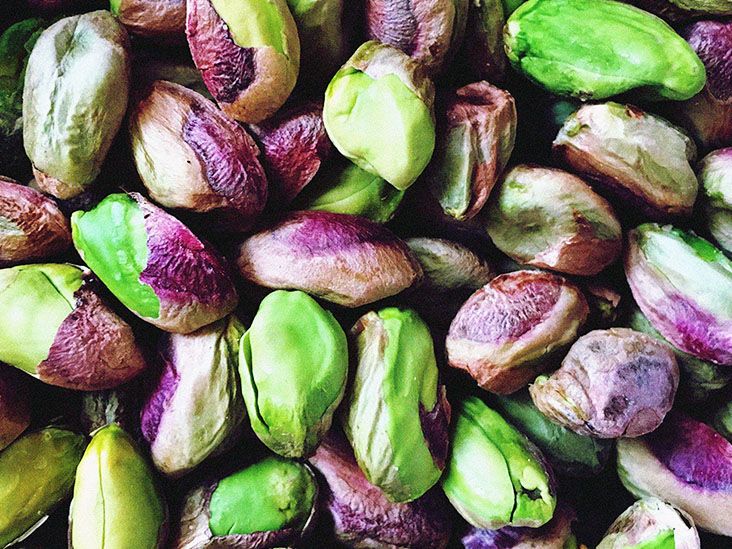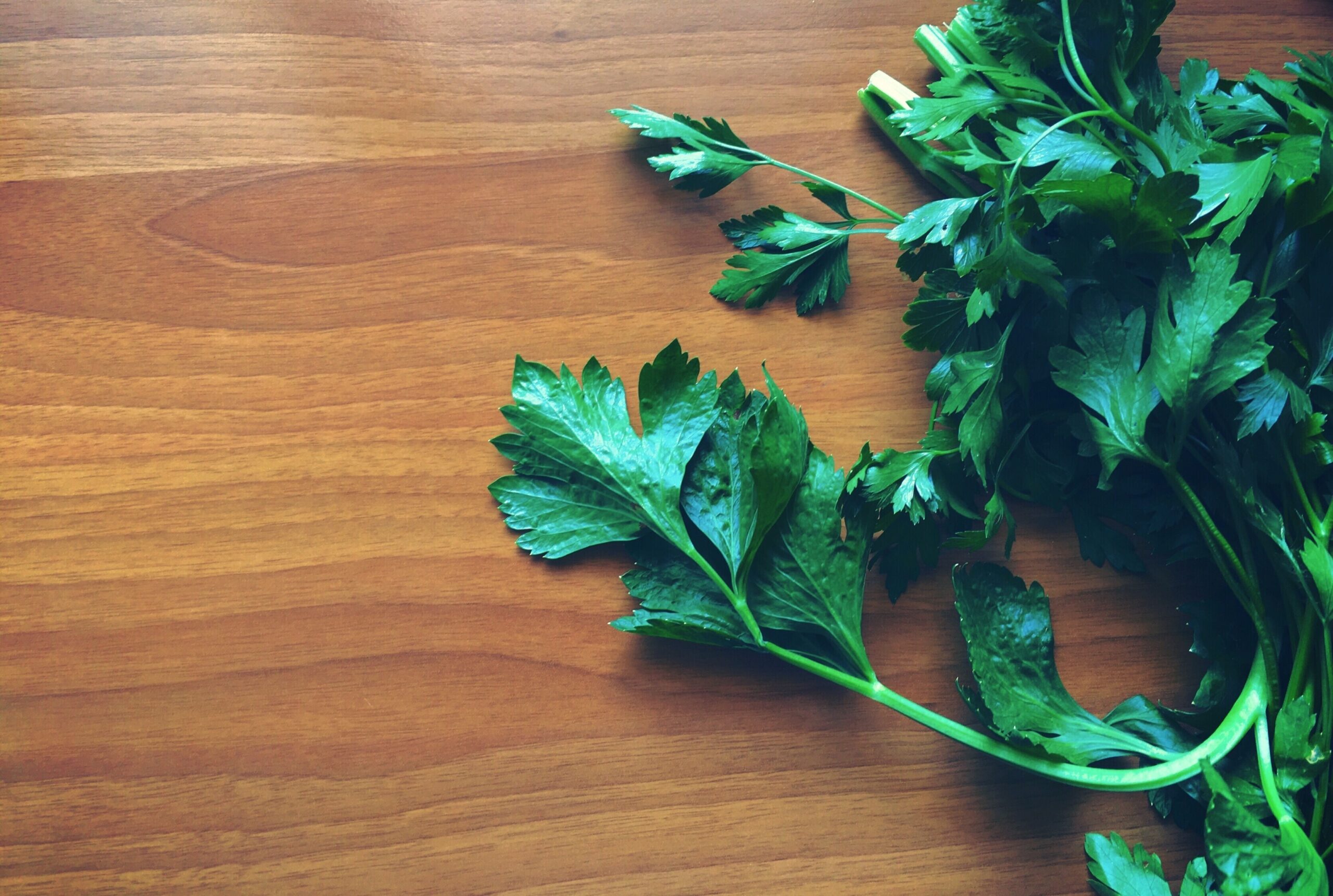Musté: The Meaning, Origins, Uses, and Cultural Significance
Introduction
In recent years, the word Musté has captured growing attention online. From cultural discussions to artistic references, many are curious about what Musté actually means, where it comes from, and how it’s used across different contexts. Whether you’ve seen it in a brand name, an artistic work, or a cultural phrase, Musté carries a sense of sophistication and intrigue.
This article explores the meaning, origin, pronunciation, and usage of Musté, offering insights that are both beginner-friendly and deeply informative for experts or linguists.
What Is Musté?
The term Musté can refer to several things depending on context — including:
- A surname or family name, found primarily in Spanish, French, and Catalan regions.
- A linguistic derivative of the word “must” (from Latin mustum), which means unfermented grape juice or something fresh and essential.
- A brand or cultural identity marker, often used in art, music, or luxury product branding to evoke uniqueness and refinement.
In every context, Musté symbolizes refinement, originality, and creative essence, making it a term that transcends languages and industries.
The Etymology and Origins of Musté
1. Linguistic Roots
The origin of Musté is fascinating. It’s derived from the Latin word mustum, which means fresh wine or newly pressed juice. In medieval and early modern European languages, the word evolved into several forms — including musté in Old French and mosto in Italian or Spanish.
In English, this root gives us the word “must”, meaning both “essential” and “unfermented grape juice.”
Thus, Musté carries dual symbolic meanings:
- Freshness and vitality, as in something pure and new.
- Necessity and importance, as in something that must be done or valued.
2. Cultural Lineage
The surname Musté has been traced to Catalonia and southern France, often appearing in historical registries as part of noble or artisan families. It is sometimes connected to winemaking regions — further linking it to the “must” of grapes.
This background gives Musté both a linguistic and cultural richness that few words can match.
How to Pronounce Musté
The correct pronunciation of Musté is:
[moos-tay] (IPA: /muːsˈteɪ/)
- The accent on “é” indicates a long “ay” sound, typical of French influence.
- The word flows smoothly, giving it an elegant and refined sound — one reason it is often used in branding and artistic names.
Musté in Modern Culture
In the 21st century, Musté has found new meaning beyond its linguistic roots. It appears in art, fashion, philosophy, and branding, often symbolizing authenticity and exclusivity.
1. Musté as a Brand or Artistic Identity
Many modern creators and entrepreneurs adopt the name Musté to represent sophistication and originality. The word’s foreign accent and smooth phonetics make it appealing for:
- Fashion brands (perfumes, jewelry, couture labels)
- Art studios or creative collectives
- Luxury product lines seeking a European aura
For instance, a brand called Maison Musté could easily evoke the feeling of refined craftsmanship and timeless design.
2. Symbolism in Literature and Art
Writers and artists sometimes use Musté as a symbolic or poetic reference to:
- Freshness of ideas (the “new wine” of creativity)
- Transformation (from raw to refined, like grape must to wine)
- Passion and essence, suggesting something both natural and necessary
Linguistic Variations and Related Terms
The word Musté has inspired several variants and related expressions across languages.
| Language | Related Term | Meaning |
| Latin | mustum | Fresh grape juice; pure essence |
| French | moût or musté | Must (before fermentation) |
| Spanish | mosto | Grape must; early wine |
| English | must | Necessity; something essential |
| Catalan | most | Juice from pressed grapes |
This linguistic web shows how Musté unites ideas of freshness, necessity, and creativity across cultures.
The Symbolic Meaning of Musté
Beyond language, Musté carries symbolic significance in several domains:
1. Fresh Beginnings
Like unfermented grape juice, Musté symbolizes new starts, potential, and raw energy ready to mature into something extraordinary.
2. Transformation and Growth
Just as grape must evolves into wine, Musté represents evolution and refinement — a process of becoming.
3. Essence and Purity
Philosophically, Musté reflects purity of purpose — the unfiltered essence of creativity, truth, or identity.
Musté as a Surname
If you’ve encountered Musté as a surname, it’s likely connected to Catalan or French roots. Families with this surname often trace their heritage to southern Europe.
Common Traits in the Musté Family Heritage
- Artisan or creative professions such as winemaking, painting, and architecture.
- Linguistic diversity, with French, Catalan, and Spanish dialect influences.
- Migration to Latin America and North America, where the surname is found among communities preserving European traditions.
Notable individuals with the surname Musté have contributed to fields like art, education, and social philosophy.
Musté in Branding and Design
Modern marketers often use cultural or linguistic names like Musté to evoke certain emotions in consumers.
Why Brands Choose the Name Musté
- Sophisticated sound: The accented “é” adds a European, luxury tone.
- Short and memorable: It’s easy to pronounce and recall.
- Versatile meaning: It can suggest freshness, essence, or exclusivity — depending on the product.
- Timeless appeal: The word feels classic yet modern, appealing across generations.
Example Concepts
- Musté Parfums — symbolizing purity and new essence in fragrances.
- Musté Studio — representing creativity and transformation in design.
- Musté Wines — linking directly to its original Latin meaning.
The Emotional and Aesthetic Appeal of Musté
Psychologically, words with smooth phonetics and accented vowels are perceived as more elegant and premium. This makes Musté an appealing choice not only for brand identities but also for artistic or philosophical concepts.
When you hear Musté, it evokes:
- Refinement and style
- European cultural depth
- Creativity and authenticity
- A sense of story and evolution
This makes Musté a word that feels meaningful even before one knows its origin — a hallmark of strong linguistic resonance.
How Musté Connects to Philosophy and Identity
Philosophers and thinkers often explore words that express transformation and essence — two core ideas embodied by Musté.
- Transformation: The passage from raw to refined, much like human growth or creative evolution.
- Essence: The idea that within something raw lies its most authentic truth.
Thus, in philosophy, Musté can metaphorically represent the human journey from potential to realization.
Practical Uses of the Term Musté
Here are common contexts where Musté may appear today:
- Brand names — fashion, fragrance, or lifestyle sectors.
- Art exhibitions or collections — representing rebirth or innovation.
- Cultural blogs and essays — discussing heritage, identity, or creativity.
- Music or literature titles — expressing essence or emotional depth.
In all cases, the word retains its charm through simplicity and layered meaning.
Musté in Digital and Global Culture
With globalization and online branding, Musté has reemerged as a symbol of authenticity in a digital age. It bridges heritage with modern design, appealing to global audiences seeking identity and depth.
- Influencers and content creators use names like “Musté Moments” or “The Musté Edit” to suggest refinement.
- Luxury start-ups use Musté to convey class without needing heavy marketing.
- Cultural bloggers adopt the word to signify genuine, thoughtful storytelling.
In short, Musté has evolved from a traditional term to a modern cultural symbol of originality.
SEO Keyword Variations
If you’re writing about or optimizing for Musté, consider using these keyword variations:
- Musté meaning
- What does Musté mean
- Origin of Musté
- Musté pronunciation
- Musté brand
- Musté surname history
- Cultural meaning of Musté
Using these in headings, metadata, and content naturally boosts SEO while keeping your writing organic.
FAQs About Musté
1. What does Musté mean?
Musté originates from the Latin mustum, meaning “fresh wine” or “unfermented grape juice.” Symbolically, it represents freshness, purity, and transformation.
2. Is Musté a surname?
Yes. Musté is a surname of Catalan and French origin, historically linked to artisan families and winemaking regions.
3. How is Musté pronounced?
It’s pronounced as “moos-tay”, with an emphasis on the final syllable.
4. Is Musté used in branding?
Absolutely. Many fashion and lifestyle brands adopt Musté for its elegant, European tone and symbolic meaning of essence or originality.
5. What does Musté symbolize in art and culture?
In art, Musté symbolizes fresh creativity, authentic essence, and the transformation process from potential to realization.
6. Is Musté related to wine or winemaking?
Yes. The root mustum directly relates to unfermented grape juice, the first stage of wine production — symbolizing new beginnings and transformation.
Conclusion: Why Musté Continues to Inspire
The word Musté is more than a linguistic curiosity — it’s a timeless expression of freshness, transformation, and authenticity. From its ancient Latin origins to its modern cultural revival, Musté embodies the essence of creativity and growth.
Whether used as a surname, brand, or artistic symbol, Musté continues to captivate because it reminds us of something universal: the beauty of beginnings and the potential of becoming.





Post Comment